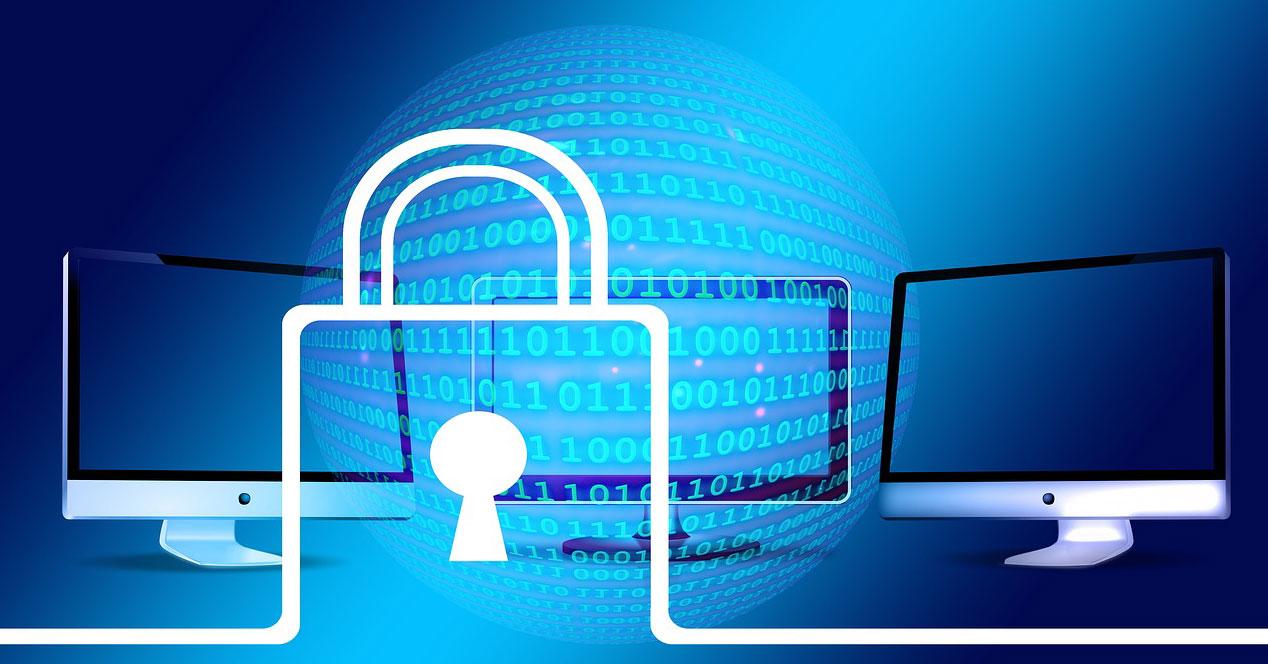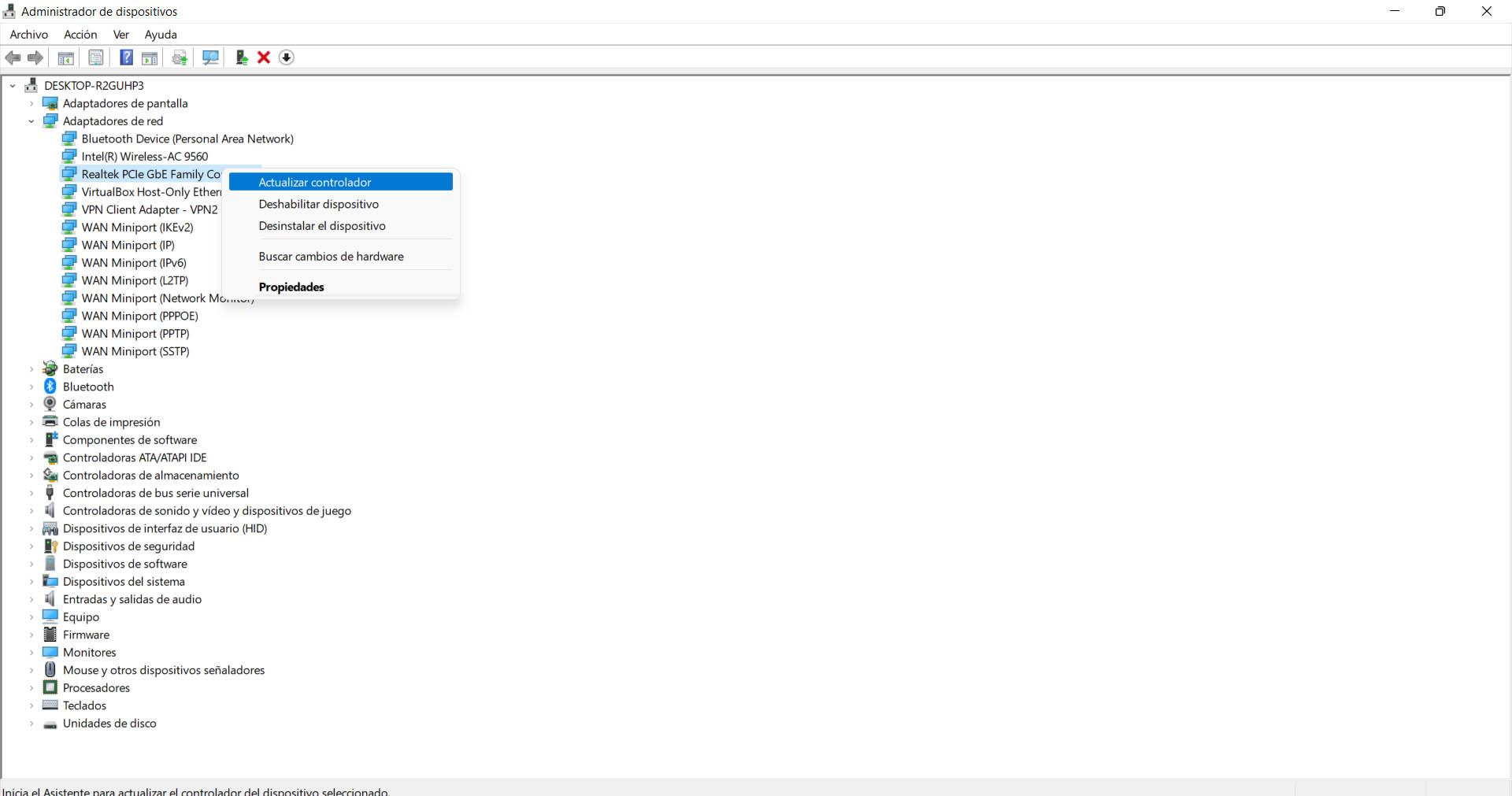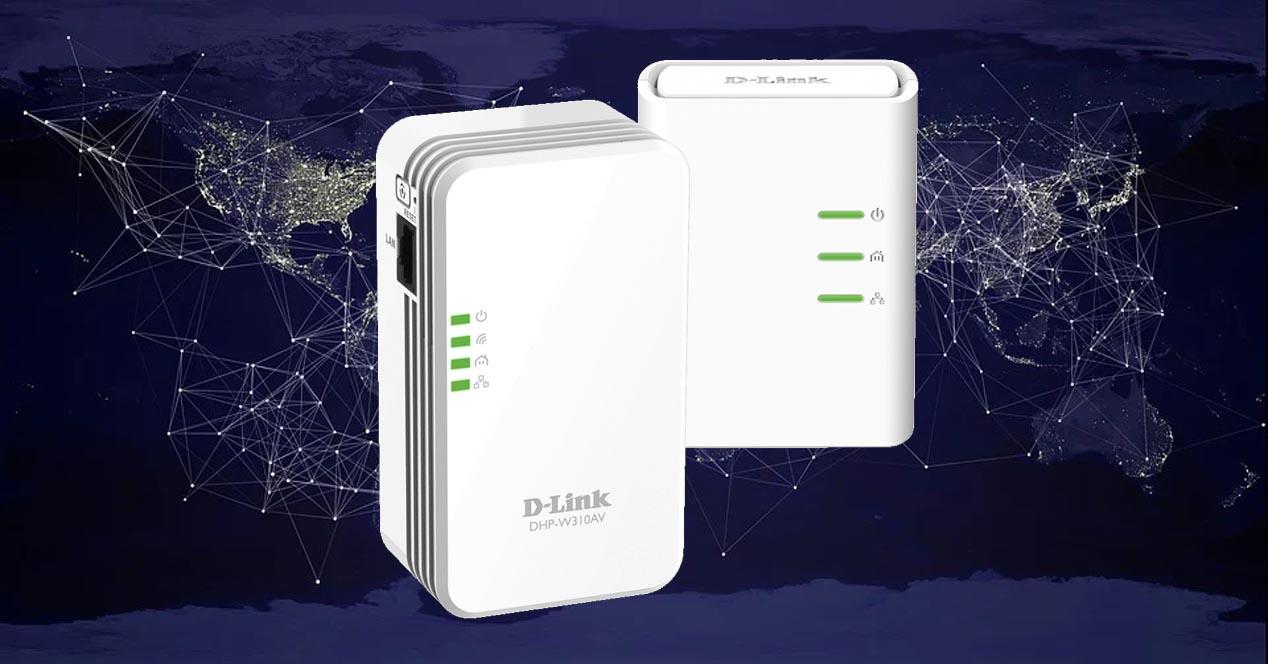
Beyond studying a computer science degree or a master’s degree, you will also be able to become a computer systems administrator if you study a training cycle. Here you will also find different alternatives. One of them is to directly opt for the computer systems administration training cycle. But you will also be able to study others related to computing and computer equipment.
There are also different training courses to learn everything related to system administration. There you will be trained to manage computer systems, hardware, operating systems and, in short, everything related to computing and networks. Programming is also very useful.
What are the functions of a Sysadmin
A system administrator has different functionshow are you going to see Some are related to maintaining the equipment and improving different aspects, while others are responsible for solving and detecting possible problems that may appear at any given time. Some are more day-to-day, repetitive, while others are more sporadic, when something needs to be modified or a new component added to the system.
Find and fix bugs
One of the essential tasks of a Sysadmin is to be able to detect errors that may appear. It may happen that at a given moment some application or some component of the equipment does not work. You must take care to see what could be the cause that has caused the problem.
Once they have detected where the problem is, the next thing is correct it. To do this they can use different tools, applications, methods… As the case may be. The set-up of the system is essential whenever any complication appears. It may simply be some configuration or install some component, but at other times it will be necessary to change something in the hardware.
System maintenance
For everything to work well you need to have a maintenance. That is another of the functions of computer system administrators. They must check that the applications work correctly and that the system is configured so that it can fulfill its function, as expected of it.
Within maintenance there are regular activities, such as updating systems and making sure they always have the latest versions available. In this way they will be able to make the most of the available resources and also correct any vulnerability that may appear.
Manage users and passwords
Another clear function of a system administrator is manage all users and passwords of access. For example in an organization or company, where there may be many different users, with different levels to which they will have to grant certain permissions and access.
Creating passwords for each user and maintaining them is another task. For example, if a security breach appears and all passwords need to be changed or a system has to be reset for some reason.
It is common for an organization to have different types of users. Some of them will have more access to the systems and the right to make changes. All this will be managed by the administrator, to prevent parts of the company from being exposed to anyone.
Help with computer security
The Informatic security It is a fundamental factor for our equipment to work well and to prevent intruders in networks and systems. The system administrator also plays an important role here, since he will be in charge of certain factors related to computer security.
For example, you will manage the installation and maintenance of antivirus on computers, take care of its updating and configuration. In short, the implementation of mechanisms that will help protect devices to the maximum and prevent the entry of malware and attacks. Any uncorrected security breach can be a gateway for a cybercriminal.
Install hardware and software
Other functions that it will also perform are those of installing hardware and software. For example components that needs to be added to a piece of equipment, such as a network switch in an office, an access point, or physical parts of computers that need to be changed, either due to upgrades or due to a breakdown.
With respect to software, will also take care of everything related to the installation of computer programs that the company for which he works may need. They can be applications specific to that organization, as well as more generic ones. For example messaging programs, to remotely access a system, storage, etc. Some more specific ones may be related to certain programs that are used for the operation of that company.
Profile and necessary knowledge
Like any other job, it is essential to have a good profile and knowledge suitable for performing duties. We are going to talk about what are the main demands that a company will have and that it is convenient for the IT administrator to comply with them.
Mainly, a Sysadmin must be a person who adapts to work under pressure and adapts to continuous changes. This is so since problems may appear that must be resolved over a period of time and, in addition, you need to be up-to-date and be able to use recent software or new methods that have to be implemented in an organization.
The requested profile is of a person with extensive knowledge in everything related to the computing. Knowledge of networks, computer security and also business management is highly valued.
Programming, databases and even web development are also other features that are highly valued by a system administrator. Having knowledge in the main programming languages will give you more opportunities to find a job that demands this profile.
In short, as you have seen the profession of computer systems administrator It is very variable. It is responsible for multiple functions, always related to system administration, maintenance and tuning. It will also be in charge of solving possible failures. To train in this profession, you will mainly have to acquire knowledge related to computers, networks and systems.




